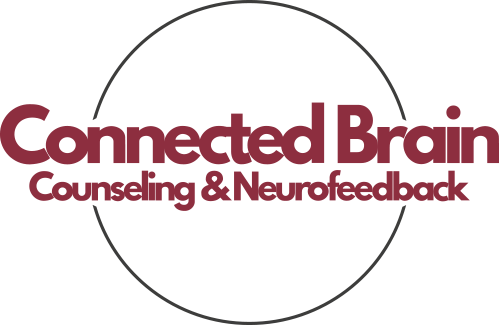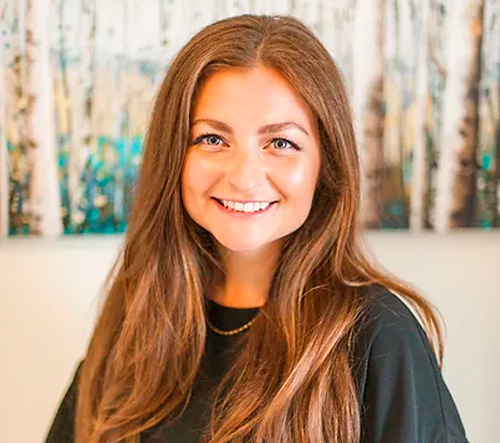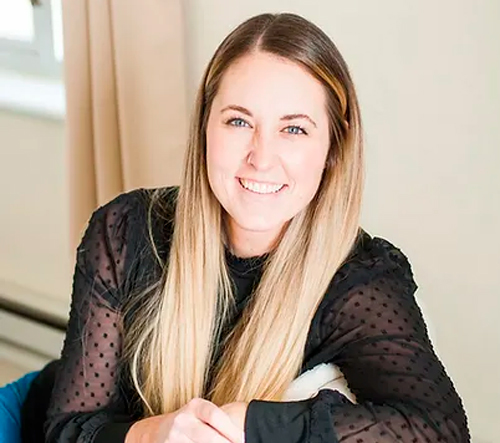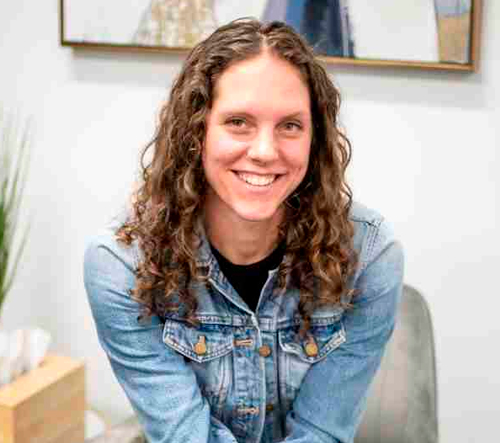How QEEG Brain Mapping Therapy and Neurofeedback Therapy are becoming the future of mental health treatment guidance
If you are feeling like talk therapy is helpful but you need that extra boost of support, but medication doesn’t feel like the right decision, you are not alone.
Putting up with a mediocre mood and historical trauma patterns intervening in your day to day life isn’t manageable for many of us. As licensed therapists, we understand how these behaviors affect your relationships, personal and professional life. However, as a society we largely fail in offering resources that help us manage and work through individual struggles.
Taking medication for mental health is sometimes necessary and beneficial. However, the side effects of most medications, not to mention long term dependency and withdrawal symptoms that are infrequently discussed prior to prescription, are scary. Especially for those who are already in a place of desperation for relief. But where do we go if not toward medication? Nutritional guidance? Hormone paneling? Supplements and diet changes? The options are endless…and also overwhelming.
Enter…QEEG Brain Mapping and Neurofeedback. These interventions are safe alternatives to treatment for many mental health symptoms. And the best part is, this type of brain conditioning is well studied and hold minimal risk in mental health treatment.
How are QEEG Brain Maps and Neurofeedback Used?

QEEG Brain Maps offer comprehensive and interactive views of brain functioning through processing data that show electrical patterns. These patterns contribute to symptoms such as anxiety, depression, trauma, ADD/ADHD and attachment problems, just to name a few. Brain Mapping Therapy offers clients a better understanding of why they behave the way they do, and also have the incredible ability to point toward underlying bodily imbalances that affect mental health as well.
Neurofeedback therapy has studies dating back to the 1960’s. And despite its intimidating name, it is not only used for extreme cases of mental health symptoms. QEEG Brain Maps and Neurofeedback Therapy are rapidly gaining popularity for helping clients with behavioral change by calming the brain then teaching it new ways to interact with the world. Whether it is an athlete seeking peak performance training, a new mom experience panic attacks or a solider enduring PTSD symptoms, Neurofeedback therapy in Denver can offer long lasting results in brain optimization.
How does this work, exactly? QEEG Brain Maps offer a comprehensive, well rounded look at the brain and physiological markers that guides trained clinicians in understanding where symptoms originate. Whether it is childhood trauma, hormonal imbalances or prior infections…QEEG Brain Maps give clients the information they need to make informed decisions on what type of treatment best fit their mental health goals.
A series of Neurofeedback therapy sessions may then follow, teaching the brain how to operate effectively independent of the training. Over time and conditioning, the brain learns a level of permanency in brainwave optimization, eliminating dependency on a substance (such as medication, substance abuse for numbing, etc) and leaving the participant with independence.
What exactly happens during a Neurofeedback session?
A neurofeedback therapy session is essentially a series of operant conditioning teaching experiences. This type of conditioning (think Pavlov’s dog) offers a stimulus that can be auditory, visual or tactile and teaches the brain to raise or lower waves that help it find regulation over time. This therefore decreases symptom severity and new electrical changes are adopted. Repetition in neurofeedback sessions paired with ethical and effective forms of talk therapy offer individuals the extra “boost” they need to gain control of their lives.
Who can I talk to about seeing if Neurofeedback Therapy is the right source of treatment for me?
Our team at Connected Brain Counseling specializes in the intersection of QEEG Brain Mapping Therapy in Denver, Counseling in Denver and Neurofeedback Therapy in Denver. We believe in multi modal approaches to mental health, where information is power and we are here to guide you in the right direction of treatment for the unique structure of your brain. If you are interested in learning more, submit a contact form here to talk to a licensed therapist and neurofeedback clinician directly.





